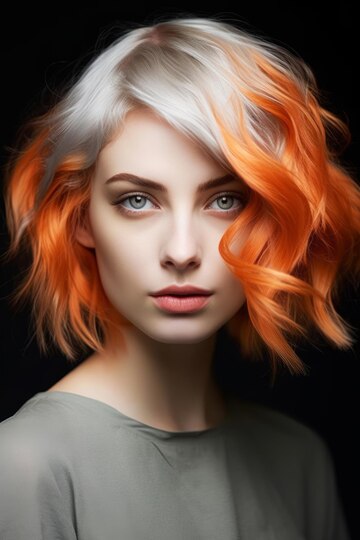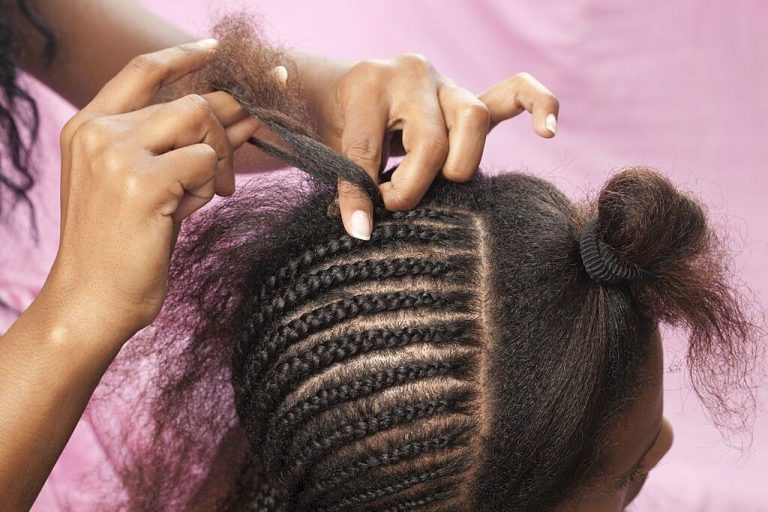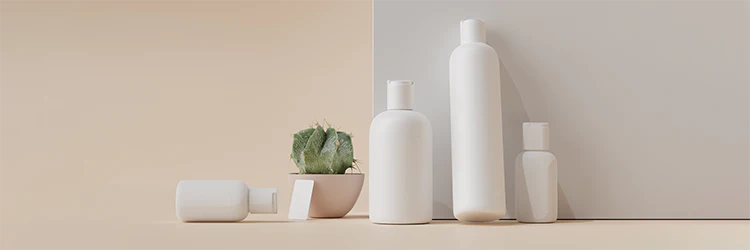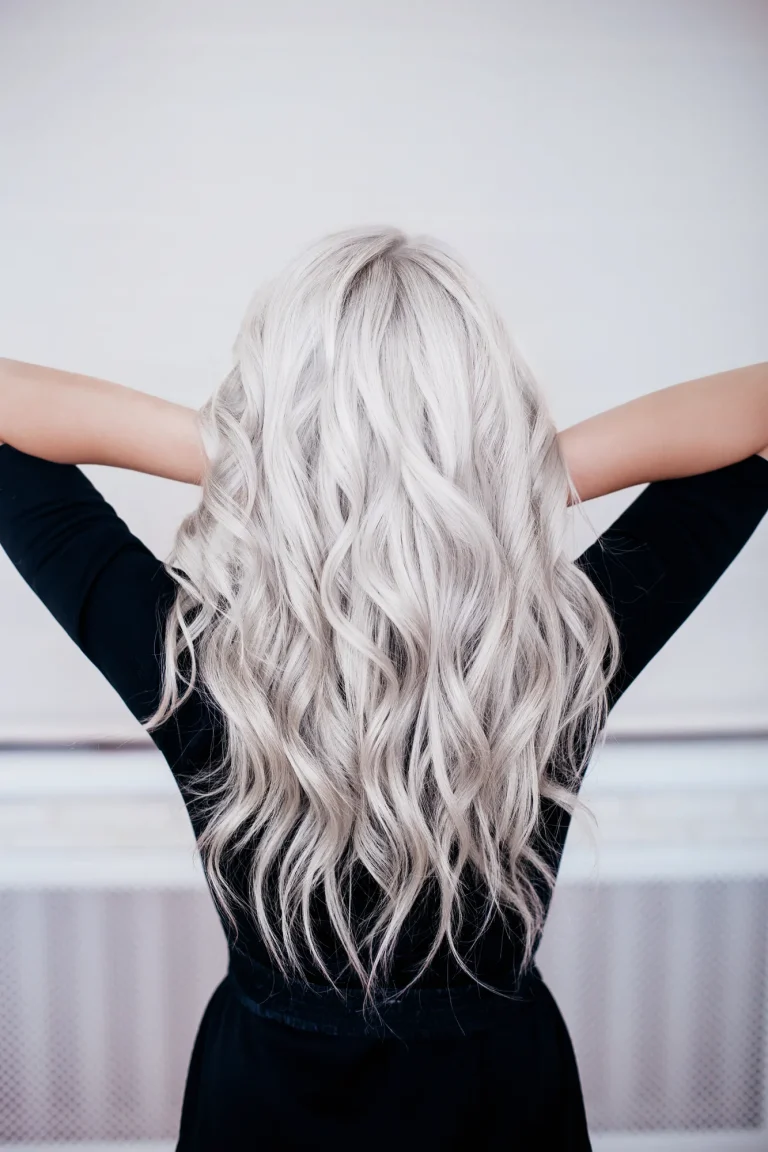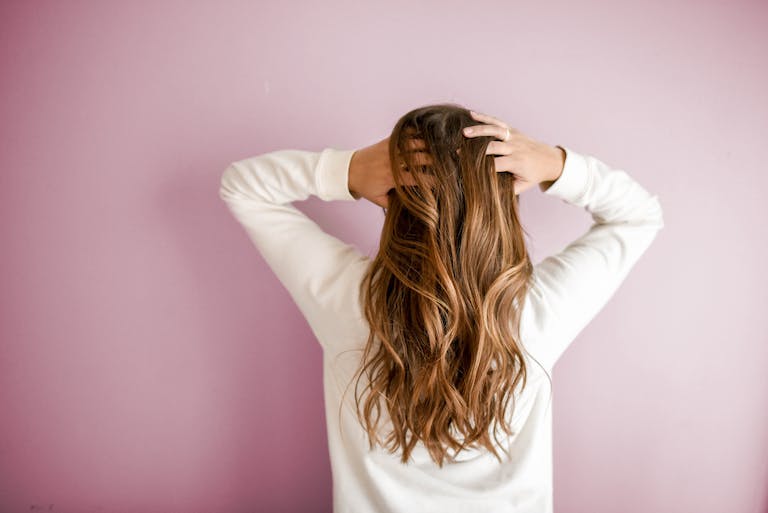Is Cantu Bad for Your Hair?
As someone with naturally curly hair, I am always on the lookout for hair products that will enhance my curls without causing damage. Recently, I have seen Cantu products recommended online and in curly hair communities. However, I have also come across some concerns about whether Cantu is bad for your hair.
To get to the bottom of this debate, I decided to research the pros and cons of Cantu hair products. As a brand, Cantu formulates products specifically for curly, coily, and textured hair. With its focus on moisturizing dry, brittle hair, Cantu has become popular, especially on social media. However, some ingredients in certain products have raised questions.
In this guide, I will explain what I have learned about the effects of Cantu on hair. I will go over the benefits of Cantu, but also the potential downsides. I will also highlight some of the key ingredients to look out for when using Cantu or any hair product.
My goal is to provide helpful information so you can determine if Cantu is right for your hair.
About Cantu
Contents
First, a quick introduction to the Cantu brand. Cantu offers a wide range of hair care and styling products for textured hair. Products like their Shea Butter Leave-In Conditioner, Curl Activator Cream, and Avocado Hydrating Cream are popular for moisturizing and nourishing curls.
With their focus on hair health and enhancing natural texture, Cantu has built a strong social media following. On Instagram alone, @CantuBeauty has over 413.5k followers. Bloggers with curly hair and YouTubers with natural hair frequently recommend their products.
Cantu’s product line includes shampoos, conditioners, styling creams, mousses, gels, and more. Key ingredients across their products include shea butter, coconut oil, avocado oil, and grapeseed oil. These ingredients are known to add moisture and softness to textured hair.
Potential Downsides of Cantu
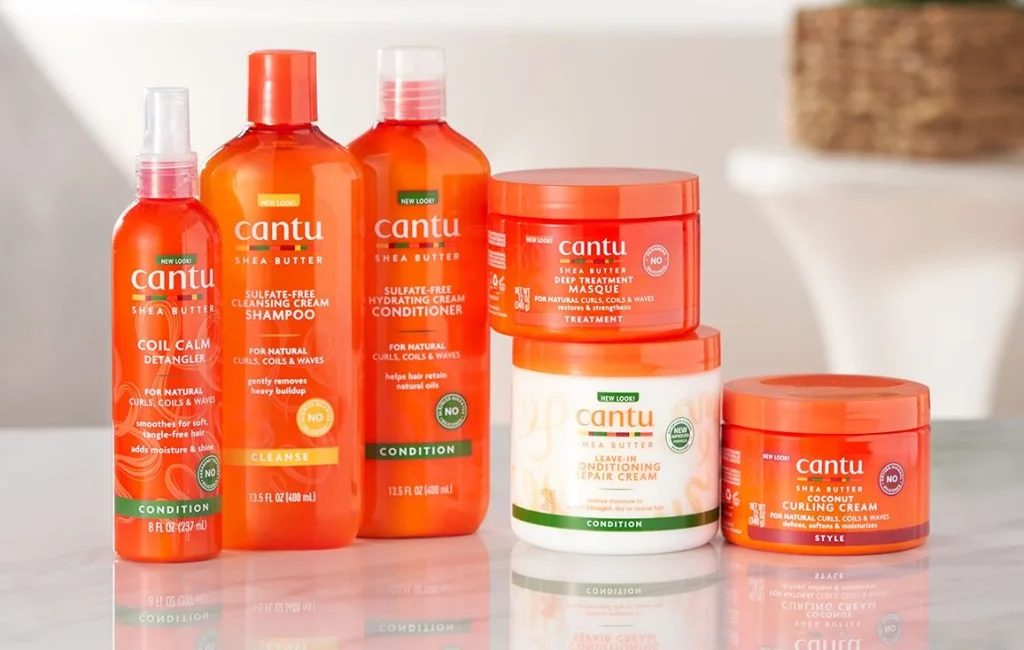
While the evaluations of Cantu are largely positive, some potential downsides have been noted. One concern is that some Cantu products contain drying alcohols, which can damage hair.
For example, Cantu’s Thermal Shield Heat Protectant lists SD-alcohol 40-b as an ingredient. This is a type of alcohol that can be drying and irritating, especially for sensitive scalps. Some experts advise avoiding alcohols like SD-alcohol in hair products.
Beyond specific ingredients, it’s important to note that not every Cantu product may work for every head of hair. With the huge variety in hair types and textures, personal preferences, and individual hair needs, experiences with Cantu can vary widely. The results I see may differ from yours.
Alcohol in Hair Products
This brings up an important point about alcohol used in hair care. Many products contain types of alcohol, but they aren’t all created equal regarding hair health.
Some alcohols are used in products specifically for their drying effect. Quick evaporation allows products to absorb into the hair shaft without leaving behind residue. However, this drying effect can also cause damage to hair and skin.
Many different types of alcohols may be listed on ingredient labels:
- Isopropyl alcohol: This volatile alcohol can cause dryness and irritation. People with sensitive skin should avoid products with this alcohol.
- SD alcohol, also called alcohol denat, is derived from grains. It can strip hair of moisture, leading to brittleness.
- Methanol – Methanol is considered very drying for hair and skin. It’s best avoided in hair care.
- Ethanol – Ethanol is a drying alcohol that can cause flaking and itching. Those with dry hair should avoid it.
- Denatured alcohol: Denatured alcohol is ethanol that’s been treated to make it undrinkable. It can still dry out hair and skin.
- Benzyl alcohol: This alcohol acts as a preservative. Some experts suggest avoiding it, while others view it as low-risk.
The recommendations on alcohol vary. Some dermatologists advise against any type of alcohol in hair products. Checking with an expert about ingredient safety can provide guidance tailored to your hair. Reading evaluations can also help identify which alcohols to potentially avoid.
What Cantu Does to Hair?
While the alcohol content is one concern, it’s also important to look at the overall effects of Cantu products. The brand does seem to deliver results for many with textured hair.
Numerous analyzers praise Cantu for softening and hydrating parched strands. For example, Cantu’s Shea Butter Leave-In Conditioner is formulated with pure shea butter to replenish moisture and reduce breakage prone to curly hair.
Many also say Cantu helps define spirals and coils while cutting down on frizz. Products like their Curl Activating Cream contain ingredients to enhance bounce and shine. Their coils elongator helps stretch tight curls for an elongated look.
So while individual ingredients should always be checked, the overall feedback on Cantu’s effectiveness is positive. Just keep your specific hair needs and concerns in mind.
Suitable Hair Types for Cantu
As I’ve researched Cantu analysis and results, I’ve seen some key points about which heads of hair seem to benefit most from their products.
The brand seems to work best for straightened, relaxed, curly, wavy, kinky, or coily hair textures. These textured hair types respond well to the intense moisture Cantu provides.
Some people, however, report that Cantu products do nothing for their hair. This may come down to hair type – someone with very fine, straight hair may not see effects from such emollient formulas.
Before trying Cantu, think about your hair’s characteristics. Thick, dense hair has different needs than thin, oily strands. Consider hair texture and whether your hair is color treated, heat styled, or chemically processed. All of this can impact product performance.
Cantu for Natural Hair
On that note, many Cantu products are marketed specifically towards natural hair. But what does “natural hair” mean?
In the hair care world, “natural hair” refers to hair in its natural state that hasn’t been chemically straightened or relaxed. Natural hair embraces curls, coils, waves, and kinks with minimal chemical processing.
However, Cantu products aren’t only for those avoiding chemical treatments altogether. They offer formulas tailored to natural, relaxed, and treated hair.
Most Cantu products are free of sulfates, parabens, mineral oil, and other potentially harmful ingredients. But as always, check the ingredient list to ensure it aligns with your hair preferences and needs.
Cantu Curling Activator
One of Cantu’s most popular products is their Curling Activator Cream. I looked closely at the ingredients and claims here to understand the effects.
This product is designed to moisturize, define, and enhance natural curls with a lightweight formula. Cantu advertises it as being made with 100% pure shea butter and free of drying alcohols, silicones, sulfates, parabens, and mineral oil.
The curl activator contains humectants like glycerin and honey to attract moisture to the hair shaft without adding grease or residue. Shea butter, cocoa butter, and avocado oil give a hydration boost while smoothing frizz and flyaways.
It’s designed to activate, maintain, and accentuate curls. Based on evaluations, it does seem effective at moisturizing dry hair and achieving a frizz-free, defined curly look. Those with very tight coils note lengthening effects from using the curl activator regularly.
Ingredients in Cantu Products
In general, it’s smart to educate yourself on product ingredients and any associated risks. Here are a few ingredients that get a bad rap in the natural hair community, along with their purported effects.
- Sulfates: These cleansing agents can strip hair of natural oils, leading to dryness. Some sulfates may also irritate the scalp.
- Parabens: Parabens act as preservatives, but some experts believe they can disrupt hormone levels. There are also links to hair loss.
- Silicones – Silicones like dimethicone can cause buildup on the scalp. They also attract dirt and dull hair’s shine.
- Mineral oil: Mineral oil is used to condition hair but can prevent moisture from properly penetrating the shaft.
Of course, research hasn’t definitively proven that these ingredients are dangerous or damaging. But many natural-focused brands avoid them, making sulfate- and paraben-free claims on their products. Cantu checks some of those boxes, but again, scrutinize any formula before use.
Popular Cantu Products
To wrap up this deep dive into Cantu hair products, let’s look at some of their most well-known items. I’ll summarize the benefits of each and how they can be used for the best results.
- Cantu Shea Butter Leave-In Conditioner: This ultra-hydrating formula smooths and repairs dry, brittle hair. It prevents breakage and split ends. Apply it evenly to damp hair after shampooing and conditioning. Comb through for even distribution.
- Cantu Curl Activator Cream: This product defines curls, fights frizz, and adds shine. It deeply moisturizes without greasiness. Apply a palm-sized amount to damp hair, focusing on the ends. Twist hair into coils to encourage curl formation.
- Cantu Hydrating Curling Cream: The lightweight cream hydrates dry, damaged hair. It enhances the natural curl pattern and provides hold. Emulsify a nickel-sized amount in your hands then scrunch into damp hair. Air dry or diffuse.
The Takeaway
After conducting extensive research, I feel equipped to determine if Cantu products are right for me. I appreciate their focus on textured and curly hair that requires extra moisture. The brand seems to achieve results – more defined curls, less frizz and shrinkage, and hydrated strands.
However, textured hair has unique needs, so not every formula may work or be safe. I’ll be sure to check ingredients on any product to avoid potentially damaging components. Consulting my stylist will help me choose options tailored for my hair.
While Cantu gets a lot right, expanding my search to brands focused on clean, non-toxic ingredients could be worthwhile too. No single brand is right for everyone, but overall Cantu offers quality options for this hair type. I hope this information helps you find your perfect curl-defining, damage-repairing formulas for healthy hair!

Founded by Sophia Rodriguez, IGXO Cosmetics is a PETA-certified, cruelty-free, and vegan makeup brand.
